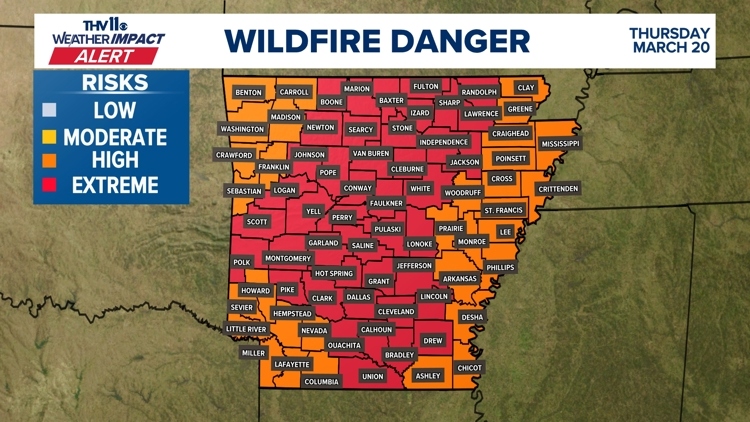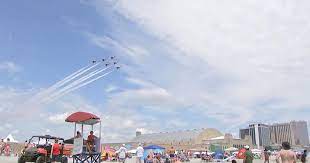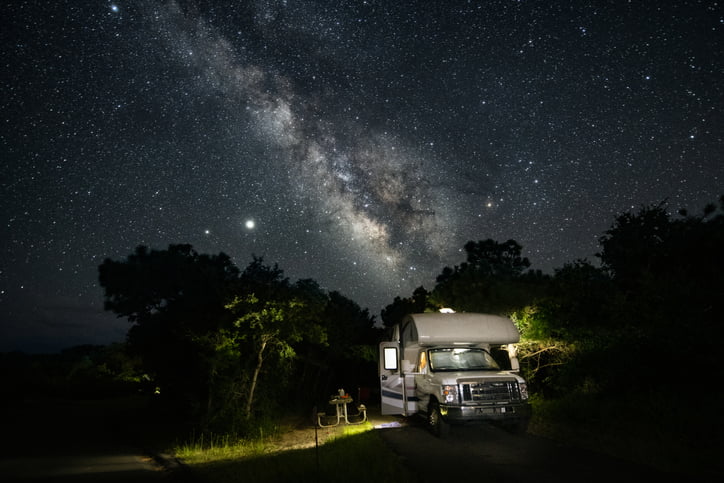Arkansas, today is not the day to take chances with fire. A Red Flag Warning is in effect from 10 AM to 7 PM Friday, and fire officials are urging everyone to be extra careful.
With dry air, strong winds, and no rain in sight, even the smallest spark could turn into a fast-moving wildfire. A tossed cigarette, a parked car on dry grass, or an unattended grill could set off a fire that spreads in minutes. Fire crews are on high alert, and we all need to do our part to prevent disaster.
Why Is Fire Danger So High Today?
Super Dry Air (Humidity 15-25%) – The air is so dry that trees, grass, and brush can catch fire instantly. Even something as small as a cigarette butt or a single ember could be enough to start a blaze.
Strong Winds (Gusts Over 25 MPH) – If a fire starts, these winds will push flames across fields, roads, and even neighborhoods in no time.
Everything Is Bone Dry – We haven’t seen much rain lately, and the land is crisp and ready to burn. Once a fire starts, it will spread fast and burn hot.
Who’s Most at Risk?
The Red Flag Warning covers a big part of Arkansas, including:
Little Rock
Fayetteville
Fort Smith
Hot Springs
Jonesboro
If you’re in these areas, be extra cautious—wildfires can spread faster than you can react.
How You Can Help Prevent Fires Today
NO Outdoor Burning – That means no bonfires, no fire pits, no trash burning. A single ember could travel for miles and start a wildfire.
Be Smart About Your Car – Hot engines can ignite dry grass. If you’re driving or parking off-road, stay on paved or gravel surfaces.
Cigarette Butts Can Be Deadly – DO NOT toss a cigarette on the ground or out a car window. That tiny ember could cost thousands of acres and countless lives.
Be Careful with Equipment – If you’re using farm machinery, welding tools, or anything that sparks, make sure you’re far from dry brush.
When Will It Be Safe Again?
The Red Flag Warning lasts until 7 PM Friday, but if the dry, windy weather sticks around, fire danger could continue into the weekend.
If you see smoke or fire, call 911 immediately. Fires can spread shockingly fast in these conditions, and a quick response is critical.



